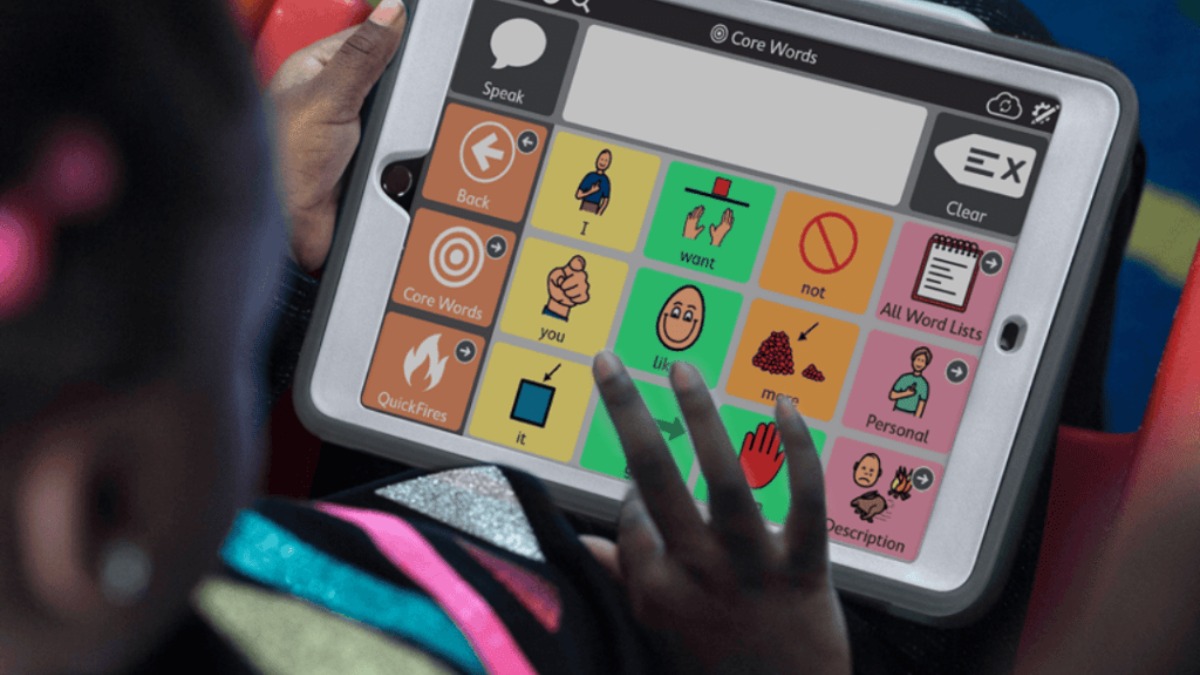DIR Floortime and Theory of Mind: Helping Kids Understand Others' Perspectives
April 10, 2025
Explore how DIR Floortime can enhance Theory of Mind, helping children with autism develop crucial social skills and better understand others' perspectives.

Key Points:
- DIR Floortime supports the development of Theory of Mind (ToM) by fostering emotional engagement and social interaction.
- Children with developmental delays, including autism, often struggle with understanding others' perspectives, making ToM development crucial.
- Parents and caregivers play a significant role in DIR Floortime therapy, helping children build emotional and cognitive skills through play.
Theory of Mind—the ability to understand others’ thoughts, beliefs, and emotions—is often impaired in individuals with autism. Research shows that about 80% of autistic children struggle with Theory of Mind tasks, compared to only 20% of typically developing children. This cognitive difference can affect social interactions and communication.
Exploring Theory of Mind
As children grow, their Theory of Mind gradually becomes more complex. Below is a quick overview of key developmental milestones by age:
- 2–3 years: Recognizes that others have different preferences
- 4 years: Understands that others can have false beliefs
- 5 years: Can predict others' actions based on their thoughts
As children grow, their Theory of Mind becomes more sophisticated, allowing them to engage in more complex social interactions. This development is vital for effective communication, as it enables individuals to interpret social cues and respond appropriately.
Importance of Theory of Mind in Communication
Theory of Mind is critical for successful communication. It allows individuals to:
- Interpret Emotions: Understanding how others feel helps in responding empathetically.
- Predict Behavior: Anticipating how someone might react based on their thoughts or feelings aids in smoother interactions.
- Engage in Conversations: Recognizing that others have different viewpoints fosters meaningful dialogue.
The absence of a well-developed Theory of Mind can lead to challenges in communication, particularly for individuals with autism or other developmental disorders. For parents interested in supporting their child's communication skills, integrating strategies from DIR Floortime can be beneficial.

Connecting DIR Floortime and Theory of Mind
Understanding the relationship between DIR Floortime and Theory of Mind is essential for parents interested in enhancing their child's communication skills. DIR Floortime provides a framework that supports the development of Theory of Mind, which is crucial for effective social interactions.
How DIR Floortime Supports Theory of Mind
DIR Floortime encourages parents and caregivers to engage with their children at their developmental level. This approach fosters emotional connections and helps children recognize and understand their own feelings as well as the feelings of others. By participating in play and activities that are meaningful to the child, caregivers can model social interactions and emotional responses.
The following bullet list highlights how DIR Floortime principles contribute to the development of Theory of Mind:
- Child-Centered Play: Encourages children to express their thoughts and feelings, enhancing self-awareness.
- Emotional Engagement: Helps children recognize emotions in themselves and others, fostering empathy.
- Shared Attention: Promotes understanding of perspectives, essential for social communication.
- Developmental Progression: Supports gradual understanding of complex social cues and emotions.
Enhancing Communication Skills through DIR Floortime
DIR Floortime not only supports Theory of Mind but also enhances overall communication skills. By creating a rich, interactive environment, children learn to express themselves more effectively. The focus on emotional connections allows children to practice verbal and non-verbal communication in a safe space.
Key strategies for enhancing communication skills through DIR Floortime include:
- Modeling Language: Caregivers can use simple language and expand on the child's words to encourage vocabulary growth.
- Encouraging Turn-Taking: Engaging in back-and-forth interactions helps children learn the rhythm of conversation.
- Using Visual Supports: Incorporating pictures or gestures can aid understanding and expression, especially for children with speech delays.
- Creating a Safe Space for Expression: Allowing children to express their feelings without judgment fosters confidence in communication.
Implementing DIR Floortime Strategies
Implementing DIR Floortime strategies can significantly enhance communication skills and emotional understanding in children. This section will explore effective communication techniques within DIR Floortime and the foundational elements necessary for successful interactions.
Communication Techniques in DIR Floortime
DIR Floortime focuses on meeting children where they are in their development, fostering a strong connection to enhance their communication and emotional skills. Below are key techniques used in this approach:
- Follow the Child's Lead: Engage in activities that the child shows interest in, allowing them to take the initiative.
- Use of Play: Incorporate play to create a comfortable environment for communication. This can include imaginative play or games that encourage interaction.
- Emotional Connection: Focus on building a strong emotional bond through eye contact, facial expressions, and vocal tones that reflect warmth and understanding.
- Expanding on Communication: When a child communicates, whether through words or gestures, expand on their communication by adding more information or context. For example, if a child points to a toy, the adult can say, "You want the red car!"
- Use of Visual Supports: Incorporate visual aids, such as pictures or symbols, to support understanding and expression. This can be particularly helpful for children with communication delays.
If you're interested in learning more about how specific therapies can support speech development, check out our article, "How DIR Therapy Helps With Speech Delay." It dives deeper into how these techniques create a nurturing environment for children to enhance their communication skills.
Building Blocks for Effective Communication
To build a strong foundation for communication, several key elements play a vital role in fostering interactions and supporting the development of Theory of Mind. These foundational building blocks include:
- Joint Attention: Encourages shared focus on an object or activity, promoting social engagement and communication.
- Turn-Taking: Teaches the rhythm of conversation, helping children understand the give-and-take nature of communication.
- Emotional Regulation: Supports children in managing their emotions, which is crucial for effective communication. Techniques such as deep breathing or calming strategies can be beneficial.
- Social Cues: Helps children learn to interpret non-verbal signals, such as body language and facial expressions, which are vital for understanding others' thoughts and feelings.
- Language Development: Encourages vocabulary growth and sentence structure through interactive play and conversation. This can be supported by reading together and discussing stories.
The Long-Term Impact of DIR Floortime on Social Development
The benefits of DIR Floortime extend far beyond early childhood. As children develop stronger ToM, they gain the skills needed for successful social interactions, academic success, and emotional well-being.

Get DIR Floortime Support in New Jersey with WonDIRfulPlay
Helping a child develop Theory of Mind through DIR Floortime requires dedicated, expert guidance. If your child struggles with social interactions, emotional regulation, or perspective-taking, professional support can make a difference.
WonDIRfulPlay offers DIR Floortime therapy in New Jersey, focusing on play-based interventions that help children develop crucial cognitive and social skills. Our approach is tailored to each child's developmental level, ensuring they receive the support they need to build stronger connections, understand emotions, and engage meaningfully with others.
If you’re ready to help your child thrive socially and emotionally, WonDIRfulPlay is here to guide you. Contact us today to learn more about how DIR Floortime can support your child's development and foster the skills needed for lifelong success.
Recent articles












.jpg)


.jpg)






.jpg)











.jpg)
.jpg)

.jpg)
.jpg)
.jpg)



.jpg)
.jpg)
.jpg)

.jpg)
.jpg)

.jpg)



.jpg)


.jpg)
%20(1).jpg)

.jpg)






.jpeg)









.jpg)
.jpg)
.jpg)
.jpg)
.jpg)


.jpg)
.jpg)
.jpg)
.jpg)
.jpg)
.jpg)
.jpg)
.jpg)
.jpg)
.jpg)
.jpg)
.jpg)
.jpg)
.jpg)
.jpg)
.jpg)
.jpg)
.jpg)
.jpg)
